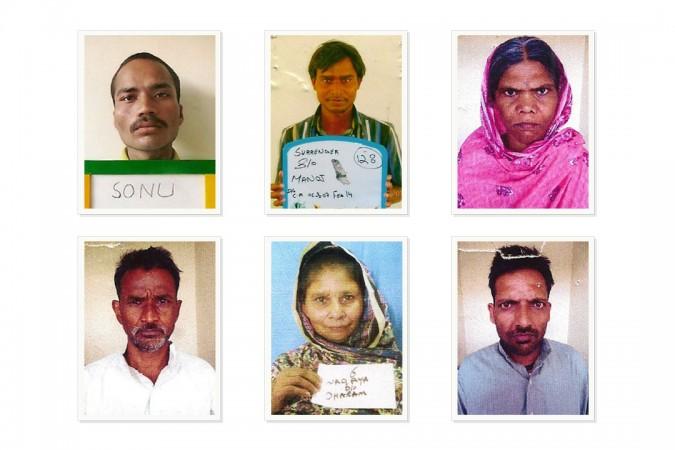
It's been two years since Pakistan informed Indian authorities that it has 17 mentally unsound Indians in its jail. Now that all these prisoners have completed their jail term, Pakistan wants to hand them over to India.
What's the catch?
But there is a catch; what should ideally have been a happy ending for these prisoners has become an unending nightmare for them. Both the governments are stuck in a Catch-22 situation as they (prisoners) can't remember their whereabouts and Pakistan can't repatriate them unless they establish their identity.
The prisoners, of which four are women, seem to be stuck in "Toba Tek Singh", a story written by Sadat Hasan Manto. The situation, where the host country acknowledges that they are Indians but hasn't been able to help them due to the lack of paperwork, is absurd.
India had gained consular access to the 17 prisoners; but the officials too were lost in the maze of paperwork.
This may be noted that while India and Pakistan are currently embroiled in controversies surrounding the death sentence of alleged Indian 'spy' Kulbhushan Jadhav, these 17 people have gone unnoticed. Initial efforts by the government of India aside, these prisoners have no takers in their supposed home country.
Efforts by India
On its part, India said they would use social media to ask people to identify these "Indians." The Ministry of Home Affairs (MHA) released a notification which read, "These persons have not been able to disclose any particulars about them including the names of their parents or relatives, address in India, etc. due to their mentally unsound condition."
They asked people to contact the DGPs and governments of all states and UTs to check if they had any record which could lead to identifying and uniting these prisoners with their families. Two years on, nothing seems to have come out of it.
Why were these Indians jailed? What crimes did they commit? How did they end up in Pakistan? Whether they were mentally ill when they were arrested? There are no clear answers to any of these questions.
These prisoners have not been as lucky as Geeta, a hearing and speech-impaired Indian national who was stranded in Pakistan for a decade. The Edhi Foundation, a non-profit founded by Abdul Sattar Edhi, took Geeta in its care. She returned to India in 2015 and was received by MEA Sushma Swaraj.
The government had released photographs of these 17 prisoners with their names, but there has been no update on whether anyone came forward to claim them. Many of them appear to be aged and if left to languish in Pakistan jails, might never see India again.
No mental health care for inmates in Pakistan
Dr Haroon Ahmed, senior psychiatrist heading the Pakistan Association for Mental Health, told Dawn "the stigmatisation of mental illness is rampant in society and is in dire need of a law that protects mental health on a federal level."
While one province -- Sindh -- legislated Mental Health Act to ensure proper care for mentally ill convicts and to offer legal help to psychiatric patients in jail, the law has not been implemented yet.
Here's hoping that these disenfranchised may soon find a way back home and the Narendra Modi government makes arrangements to get them back to their country. After all, these people with no memory of their identities living on foreign land have no allies to ensure their well-being. But does India care?
Do spread this video. You never know someone might end up identifying them.











